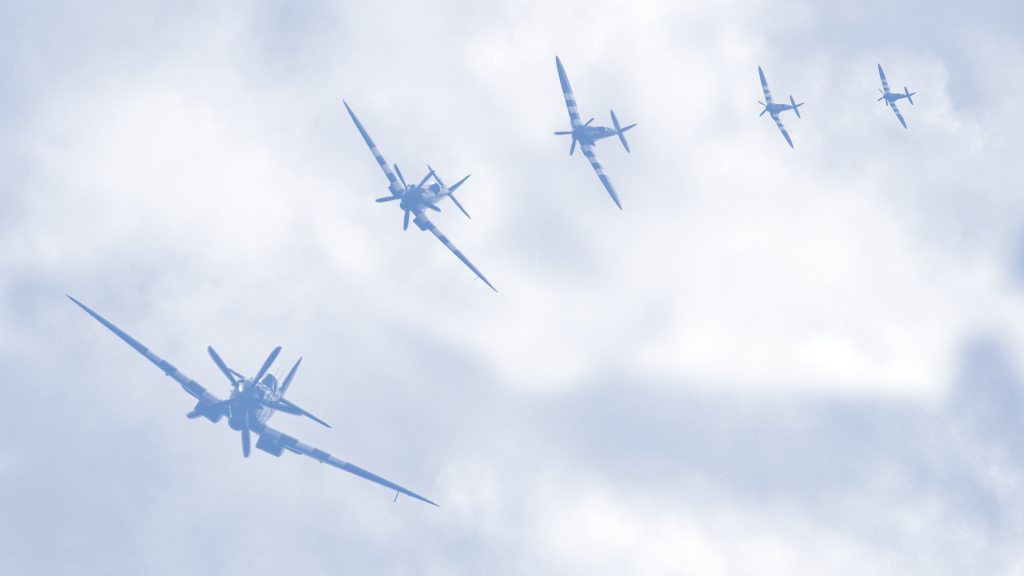[FR] Faced with the Russian threat, which budgets for which defence?

The war in Ukraine has changed European states’ perception of the threat to their security and, as a result, has begun to alter their defence policies. At the heart of these changes are budgetary policies. In essence, most European states have begun a process of increasing their defence budgets, with the increases being greater in those countries that perceive Russia as a direct and plausible threat. Thus, the increases are substantial in Poland and the Baltic states, but moderate or even marginal in countries that are geographically or politically less affected by Russian aggression. Between the two extremes are France and Germany, where increases are significant, but where differences in strategic cultures, security agendas and internal constraints continue to operate, making any strategic rapprochement complicated.
Budget increases also raise the question of their sustainability at a time when many European states are facing significant economic difficulties. Will the promises of increases be honoured and will the budgets obtained also cover the aid provided to the Ukrainian forces?
Secondly, budget increases are likely to reflect more profound political developments, whether in terms of relations with Russia or the strategic cultures of states that have long been cautious about defence spending.
Finally, there is the question of the institutional framework within which revised defence policies are likely to be expressed. The war in Ukraine has put NATO back at the centre of the debate on European defence, and many of the allies directly threatened by Russia have a privileged relationship with the United States, including for arms purchases. Will budget increases in Europe therefore benefit the transatlantic link and the US arms industry, or will Europe and the European Union manage to capture the financial windfall to come?




